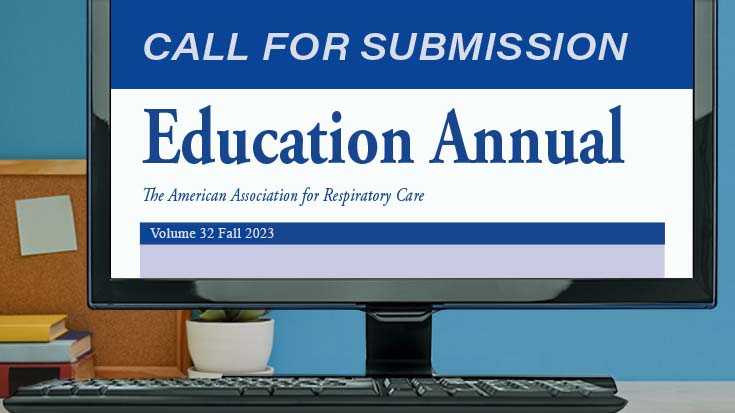
Five-Day Course of Antibiotics May Work for Children with Pneumonia
Do children with pneumonia really need a 10-day course of antibiotics? According to researchers from McMaster University, the answer may be no. They looked at 281 children with pneumonia given either a five-day course of high-dose amoxicillin or a 10-day course. All the children were between six months and 10 years old. Overall, 85.7% of the children on the five-day course were cured two to three weeks later compared to 84.1% of those on the 10-day course.
“Several studies have proven that adults with pneumonia do fine with short courses of antibiotics, and now we have proved a short course of antibiotics also works for children,” said study author Dr. Jeffrey Pernica. He and his colleagues suggest updating clinical practice guidelines on pediatric pneumonia treatment to take their findings into account.
The study was published in JAMA Pediatrics.
More Evidence on Tocilizumab
Two new studies offer some additional evidence on the use of the rheumatoid arthritis drug tocilizumab to treat patients with COVID-19.
The New England Journal of Medicine published a study that discussed how a team led by investigators from UC San Diego Health found the drug did not significantly improve clinical status or the mortality rate at 28 days when compared to a placebo.
The Phase III clinical trial was conducted in 62 hospitals in nine countries. It involved 452 patients with confirmed cases of severe COVID-19 pneumonia, 294 of whom were randomized to an intravenous infusion of tocilizumab. The remaining 144 received a placebo.
While clinical status and mortality rates did not differ between the groups, the investigators did find patients who received tocilizumab showed improvement in length of stay and days on mechanical ventilation.
The authors caution these findings should be considered in context with everything learned about COVID-19 over the past year.
“There are very few proven therapies for severe COVID-19,” said senior author Atul Malhotra, MD. “Tocilizumab and some monoclonal antibody treatments may still have utility in specific circumstances, but more work needs to be done.”
In a study published by The Lancet Respiratory Medicine, researchers from India randomized 180 patients age 18 and older to either standard care or standard care plus tocilizumab. Patients were followed for 28 days, and an analysis of the data showed tocilizumab might have reduced the risk for progression to death in a subset of patients with severe disease.
However, the authors did not uncover any clinical parameters or biomarkers to reliably identify these patients and were also unable to determine the optimal timing of treatment.
Still, they believe their results deserve further investigation.
“Our study suggests tocilizumab might still be effective in patients with severe COVID-19 and so should be investigated further in future studies,” said study author Professor AV Ramanan from the University of Bristol’s School of Clinical Sciences. “It adds to existing evidence from the RECOVERY and REMAP-CAP studies which demonstrate that tocilizumab does have a significant impact on reducing mortality in those with COVID-19 requiring oxygen or being ventilated.”
He goes on to note that aside from dexamethasone, tocilizumab represents “the most significant advance in the treatment of COVID that has an impact in reducing deaths.”
Tobacco, Alcohol Sales Rise During Pandemic
The COVID-19 pandemic has brought many unintended consequences. Add an increase in tobacco and alcohol sales to the mix.
Researchers from Keck Medicine of USC have found that tobacco and alcohol sales rose 13% and 34%, respectively, from April to June of 2020 compared with the corresponding months in 2019. The increase in tobacco sales was seen across all demographic groups, and the rise in alcohol sales was seen across almost all demographic groups. But sales were highest among younger people, ethnic minorities, those with younger children, those with larger families, and those with higher incomes.
The authors believe the increased sales of tobacco and alcohol may reflect an attempt by people who were stressed by the pandemic to self-medicate.
“By spotlighting this issue, individuals can identify this behavior as potentially harmful and substitute drinking or smoking with healthier activities,” said study author Brian P. Lee, MD, MAS. “Mental health professionals and medical institutions, in addition to policymakers, can also develop interventions to help them.”
The study was published by the Annals of Internal Medicine.
Dendritic Cells Implicated in Progression to Asthma, COPD
A study conducted in mice suggests a type of immune cell known as a dendritic cell can set events into motion that leads to progressive lung diseases like asthma and COPD in some people who are suffering from a viral respiratory infection. Specifically, the dendritic cells communicate with the lining of the airway in ways that cause those cells to increase their growth and inflammatory signals. These cells are then able to overproduce mucus and cause inflammation, which causes cough and breathing difficulties.
Investigators from the Washington University School of Medicine in St. Louis conducted the research. They believe their findings could open the door to new treatments for these conditions.
“We believe there’s some switch that gets flipped, triggering the bad response,” said senior author Michael J. Holtzman, MD. We’re identifying that switch and ways to control it. This work tells us that this type of dendritic cell is sitting right at that switch point.”
In the meantime, he and his colleagues believe measuring dendritic cell levels could help inform the care of patients hospitalized with respiratory infections.
Those with higher levels may benefit from respiratory interventions and therapies tailored to their disease process. In comparison, those with lower levels may not need such aggressive treatments because they are at lower risk for developing progressive disease.
The study was published in the Journal of Immunology.
Email newsroom@aarc.org with questions or comments, we’d love to hear from you.













